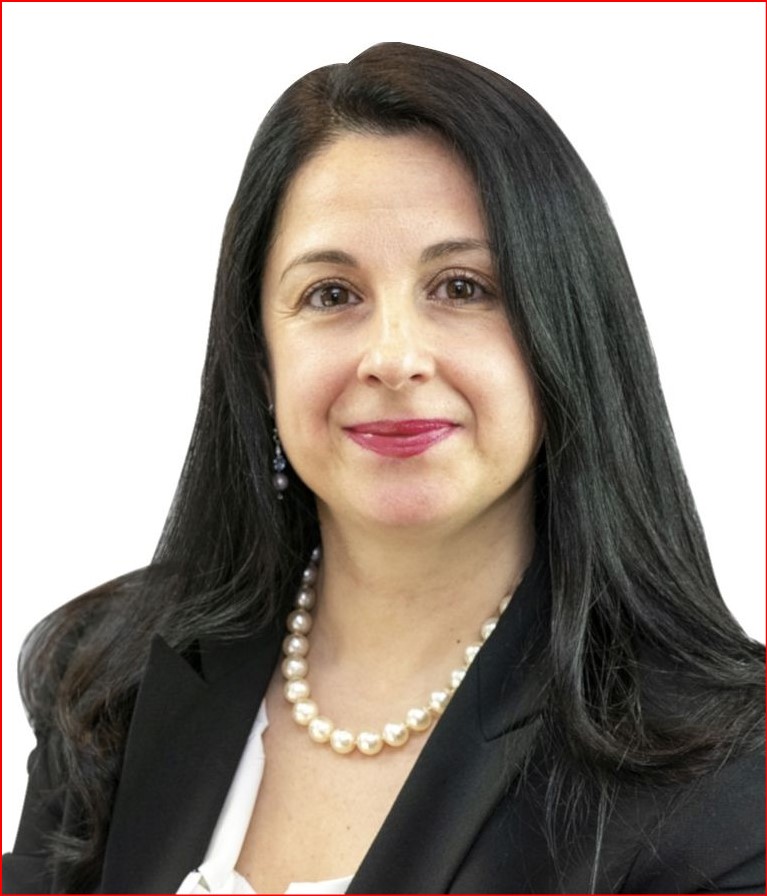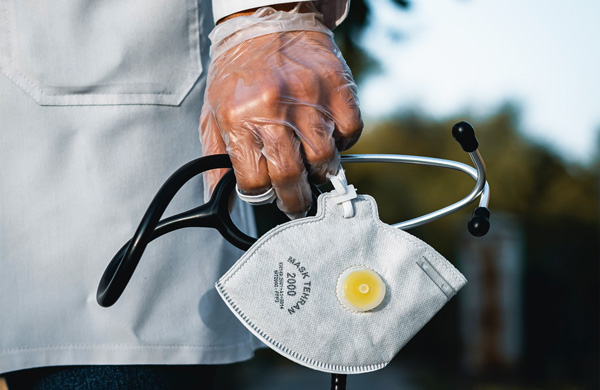Etel Haxhiaj is the National HCH Council’s new Senior Policy Manager! Etel will be taking over production of our monthly Mobilizer newsletter, staffing our Policy Committee, leading our Congressional relations, and managing a number of our advocacy initiatives.
Let’s get to know Etel a little better through the interview below:


What have you learned from your experience as a community organizer and advocate in your community?
I have learned much from community organizing, especially my work organizing mothers to fight for a livable climate. I trained mothers and other community members to use their stories to talk to lawmakers. We crafted our stories together and practiced having one-to-ones with other mothers. We learned what building power with others means and how to set concrete campaign goals. We learned that we must celebrate our wins, big and small. In my organizing work with moms, we used our collective advocacy to win concrete things like convincing our gas company to fix all the gas leaks around schools, daycares, and parks. Organizing and advocacy require precision in our goals, continuously sharpening our tactics, centering people with lived experience, and a commitment to building power.
How can health care providers and people with lived experience of homelessness best participate in policy advocacy?
In my years of organizing and advocacy, I have learned that health care providers and people with lived experience are potent storytellers and influential in shaping policy. There are multiple entry points for participation: shaping policy advocacy, writing letters, organizing meetings with local, state, and federal representatives, organizing community meetings, and holding elected officials accountable at the ballot box.
You are an elected member of the Worcester City Council. In your view, how should the HCH Community be engaging their City Counselors? What issues are most relevant, and how can their City Counselor be an advocate for them?
City and Town Councils have become the biggest battlegrounds where advocates fight against Not In My Back Yard (NIMBY) efforts to block shelters and permanent supportive housing projects. Many elected officials are unwilling to listen to advocates and people experiencing homelessness because it is not politically expedient to do so. Efforts to criminalize unsheltered homelessness have led to local policies that further harm our unhoused neighbors and jeopardize their well-being under the guise of protecting property owners’ and businesses’ quality of life.
Homelessness has turned into a referendum in local elections, pitting candidates who advocate for thoughtful solutions to ending homelessness and those who lean on criminalizing the unhoused community.
In my experience, and through talking to colleagues across the state, three issues consistently show up on City Councils’ agendas:
- Encampment sweeps
- Blocking shelters and permanent supportive housing for chronically homeless individuals
- Resistance to siting safe injection sites or other medically assisted facilities in residential neighborhoods
The HCH community must engage with their local elected leaders. Local ordinances and policies determine the quality of life for unhoused individuals and have severe consequences. In Worcester, several unhoused individuals have died due to a lack of safe shelter and difficulty getting the necessary health care. I am excited that there is a focus at NHCHC on collecting homelessness mortality data.
The HCH community is well-positioned to advocate and educate decision-makers because it brings moral authority and rich public health expertise. In partnership with local organizers, the HCH community can form powerful coalitions to build support for a public health approach to the abovementioned issues.
We have a lot of work ahead of us. We are most successful when we partner with healthcare providers, advocates, organizers, grassroots groups, and elected leaders to shift hearts and minds.
Advocacy is hard work, especially in a polarizing political environment. What’s your hope for the HCH Community as we continue trying to advance our struggle for human rights?
We must keep building solid relationships with each other and lean on our collective successes and wins, no matter how small. It is easy to be discouraged, feel isolated, and overwhelmed in this work. In the words of poet, mother, and activist Audre Lorde: “Without community, there is no liberation.” Our efforts to transform oppressive systems are more effective when we link our work, advocacy, and organizing. Being in a community with each other is vital to our success in building a just world.



